
SEO Tips for Publishers and Authors in 2025
The digital book marketplace is more crowded than ever. With thousands of titles published daily, how do you ensure your work gets found? The answer is simple: SEO — or Search Engine Optimization. Whether you’re an indie author, a publishing house, or a content creator, SEO is the bridge between your audience and your masterpiece.
Why SEO Still Matters in 2025
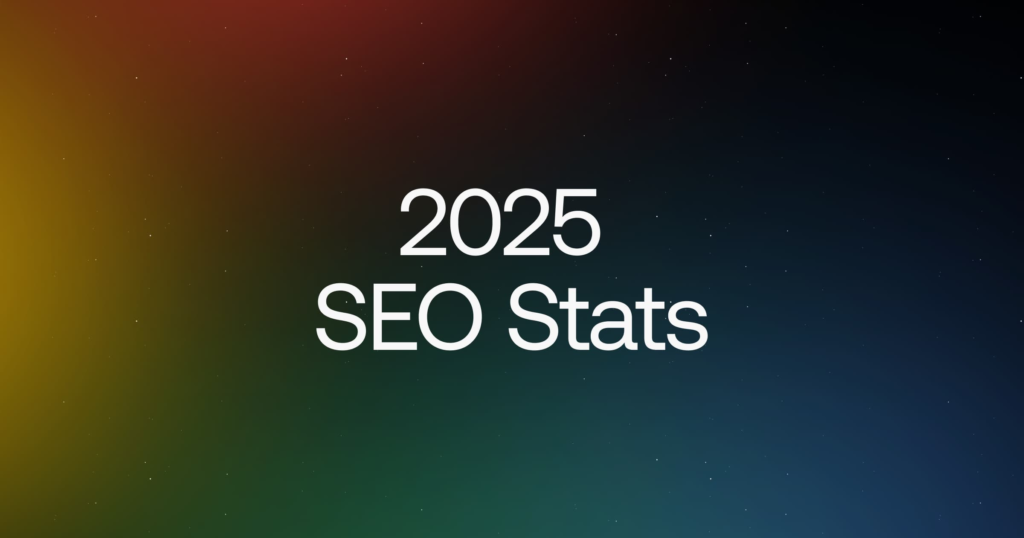
Search engines are still the #1 way people discover content, including books, articles, and author websites. Even as AI-driven discovery tools evolve, ranking high on Google, Bing, and even YouTube remains a critical visibility strategy.
The Evolving Landscape of Search Algorithms
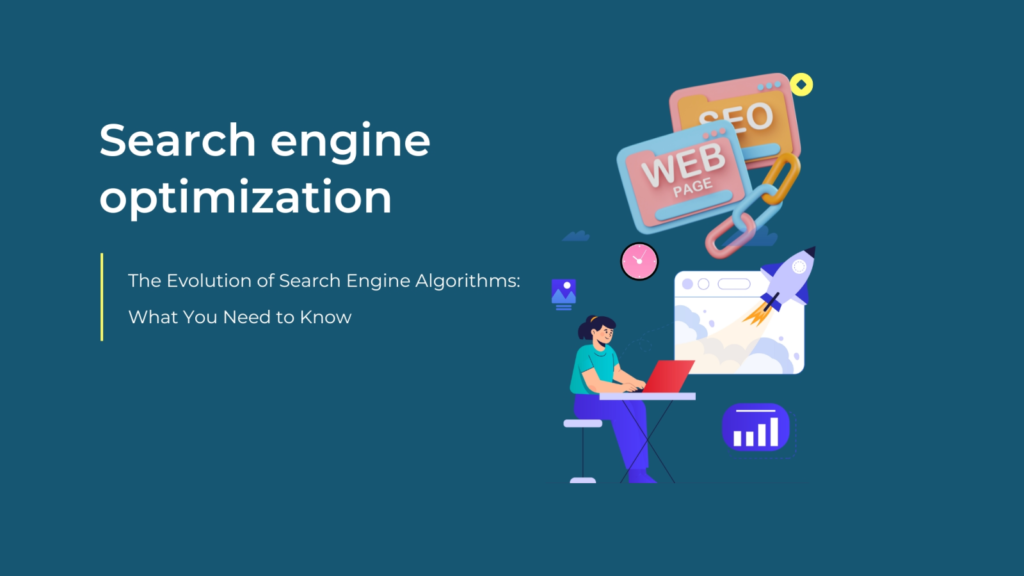
Google’s algorithm updates in 2025 are more sophisticated than ever. They now emphasize content depth, user experience, author credibility, and intent matching. That means superficial SEO hacks don’t work anymore, you need holistic strategies.
Understanding SEO Basics
On-Page vs Off-Page SEO
On-page SEO includes everything you control on your website: keywords, headings, meta descriptions, and content quality. Off-page SEO refers to what others say about your site — backlinks, social shares, and domain authority.
Keywords Still Count – But Smarter
Keywords haven’t died, they’ve matured. Today, it’s about semantic search, where Google understands context. For instance, targeting “how to publish an ebook” also helps you rank for “self-publishing guide.”
Author-Specific SEO Strategies
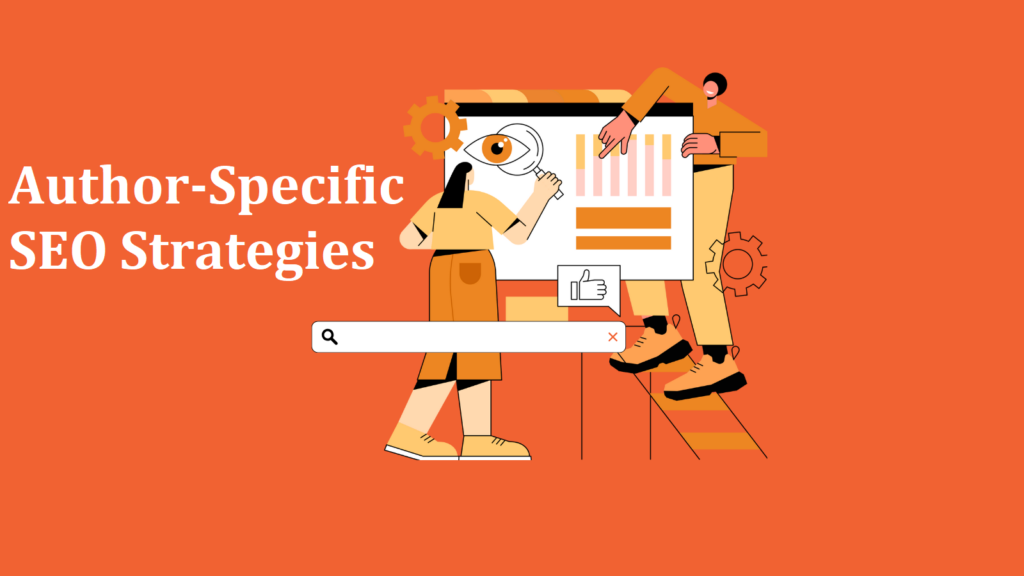
Optimizing Author Bios
Your author bio isn’t just for readers — it’s for search engines too. Include target keywords, your genre, awards, and even location. Structured bios help search engines index your author identity properly.
Leveraging Book Descriptions
Use natural keywords in your Amazon, Goodreads, and website descriptions. Don’t just describe the story — describe the experience using searchable phrases like “gripping psychological thriller with a twist.”
Using Schema Markup for Authors
Schema tells Google what your page is. Add “Author” and “Book” schema markup to improve how your pages appear in search results, especially rich snippets like star ratings, author images, and publication dates.
Publisher-Specific SEO Approaches

Structuring Book Pages for Search Engines
Each book needs a clean, dedicated landing page — with a unique URL, keyword-optimized title, and compelling meta description. Avoid clutter and use bullet points for features like page count, genre, and formats available.
Internal Linking Strategies
Link your blog posts, author interviews, and other books from one another. This helps Google crawl your site faster and keeps readers engaged longer.
Mobile Optimization for Reading Platforms
Google’s mobile-first indexing means your site must perform flawlessly on phones. Compress images, use legible fonts, and make sure all links work.
Keyword Research in 2025

Using AI Tools for Deep Keyword Analysis
Modern tools like Surfer SEO, ChatGPT plugins, and RankIQ analyze keyword intent, search volume, and competition. Use these to uncover content gaps.
Long-Tail Keywords & Niche Targeting
Instead of targeting “fantasy novel,” go for “young adult fantasy books with female protagonist.” The longer the phrase, the easier it is to rank.
Content Marketing & Blogging for Visibility
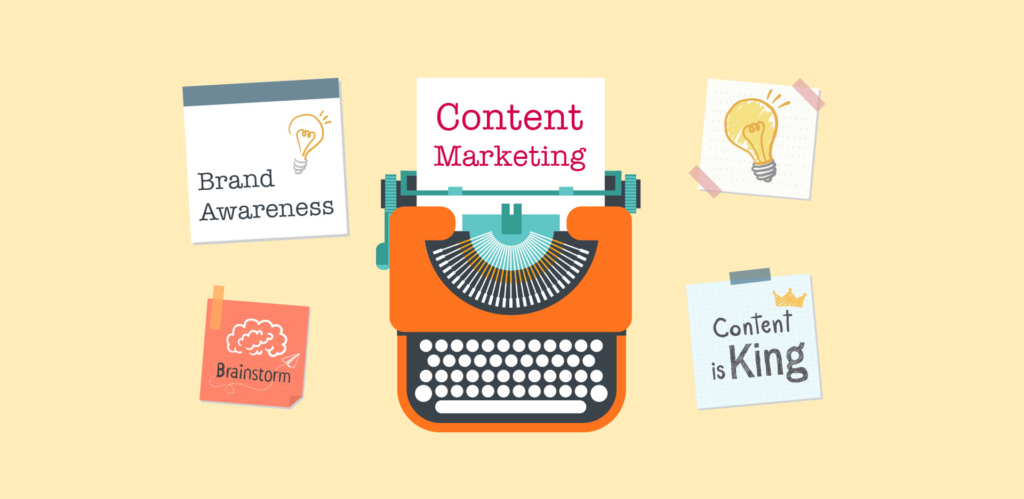
Blogging to Build Authority
Start a blog. Write about your writing journey, behind-the-scenes, and book recommendations. Google loves fresh content — so will your audience.
Guest Posts and Backlinking Strategies
Pitch articles to other blogs or literary websites. A single backlink from a high-authority site can skyrocket your rankings.
Local SEO for Authors and Publishers
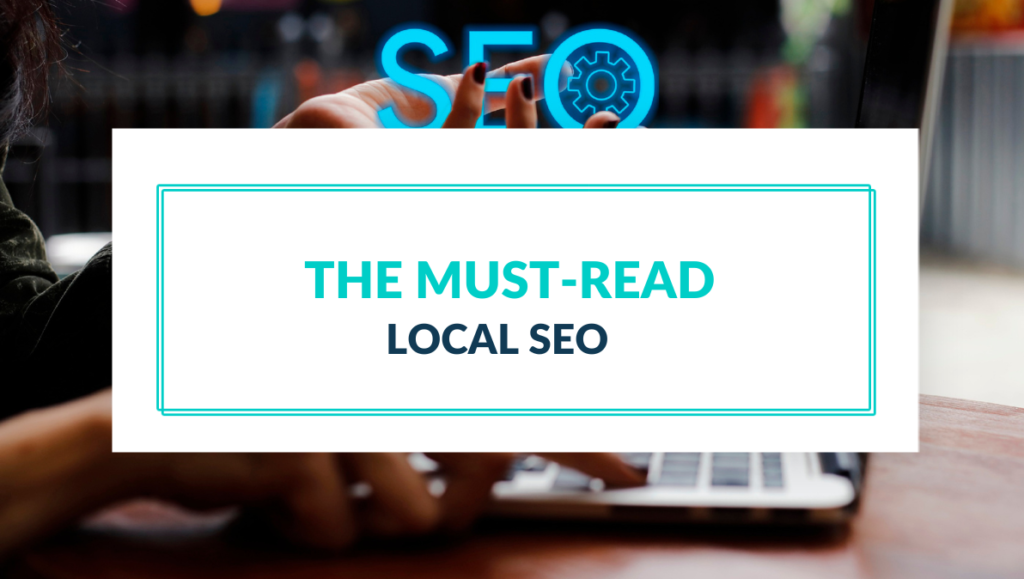
Google My Business and Author Events
If you attend signings, readings, or workshops, list them on Google My Business. It helps people nearby discover your events and buy books.
Reaching Local Bookstore Audiences
Use geo-targeted keywords like “best romance authors in Chicago” or “NYC independent publishers” in your content and metadata.
Technical SEO for Book Websites
Page Speed Optimization
Slow pages = high bounce rates. Use tools like Google PageSpeed Insights to compress images, remove render-blocking scripts, and streamline performance.
Secure & Clean Site Structure
HTTPS is non-negotiable. Also, make sure your URLs are readable, your sitemaps are updated, and your navigation is intuitive.
Social Media Integration with SEO
Social Signals That Impact Rankings
While not a direct ranking factor, social shares drive traffic — which does influence rankings. Tweets, Pinterest pins, and TikToks can amplify visibility.
Amplifying Content via Social Platforms
Share your blogs, book reviews, trailers, and snippets on multiple platforms. Use hashtags wisely and engage with readers through comments and DMs.
Voice Search and AI Assistants
How People Search with Voice in 2025
Voice search queries are longer and more conversational. Instead of “thriller books,” users say “What are the best new thriller novels this year?”
Structuring Content for Conversational Queries
Use FAQs, natural phrasing, and answer-style content. Think of how someone would speak the query, not just type it.
Video & Multimedia SEO
Book Trailers and Author Interviews
YouTube is the second-largest search engine. Create SEO-optimized video titles like “Top 10 Fantasy Books by Indie Authors 2025.”
Optimizing Video Titles and Captions
Always include keywords in your video titles, descriptions, and even spoken transcripts. Use YouTube chapters and tags for better discoverability.
Building an Author or Publisher Brand
E-A-T (Experience, Authority, Trustworthiness)
Google loves brands that show E-A-T. Build trust by getting featured on reputable sites, maintaining consistency, and being transparent.
Online Reputation Management
Monitor your reviews, respond to comments, and use Google Alerts to track mentions of your name or brand.
Tools Authors and Publishers Should Use
Best Free and Paid SEO Tools for 2025
- Free: Google Search Console, Ubersuggest, RankMath
- Paid: Ahrefs, Semrush, SurferSEO, Jasper
AI-Powered Platforms for Optimization
Use ChatGPT, NeuronWriter, and Frase.io for content planning, SEO audits, and headline generation.
Common SEO Mistakes to Avoid
Keyword Stuffing and Duplicate Content
Google penalizes sites with unnatural keyword use and copied content. Write for humans first, then optimize for search engines.
Ignoring Core Web Vitals
These are UX metrics like load time, interactivity, and visual stability. Google ranks you lower if your site frustrates users.
Future-Proofing Your SEO Strategy
Staying Updated with Google Algorithm Changes
Follow SEO blogs like Search Engine Journal or Neil Patel. Google’s updates can change the game overnight.
Investing in Long-Term Content Assets
Create evergreen content — book writing tips, genre guides, publishing checklists — that keeps driving traffic year after year.
Conclusion
SEO in 2025 isn’t just a game of keywords — it’s a full-on strategy that blends content, user experience, authority, and technical know-how. For authors and publishers, mastering SEO means ensuring your stories reach the readers who need them most. So, polish those meta descriptions, optimize your author pages, and blog your heart out — the digital stage is yours!
FAQs
1. Do authors really need SEO in 2025?
Absolutely. Without SEO, your content risks getting lost in the ocean of books and blogs out there.
2. How long does SEO take to show results?
Typically, you’ll start seeing results in 3–6 months, but consistency is key.
3. What’s the best SEO tool for indie authors?
Start with Google Search Console (free) and add SurferSEO or Semrush as your budget allows.
4. Is blogging still useful for book marketing?
Yes! Blogging builds authority, increases visibility, and connects you with readers.
5. Can I do SEO without hiring a professional?
Yes, many tools are beginner-friendly. But for advanced strategies, consider expert help.
